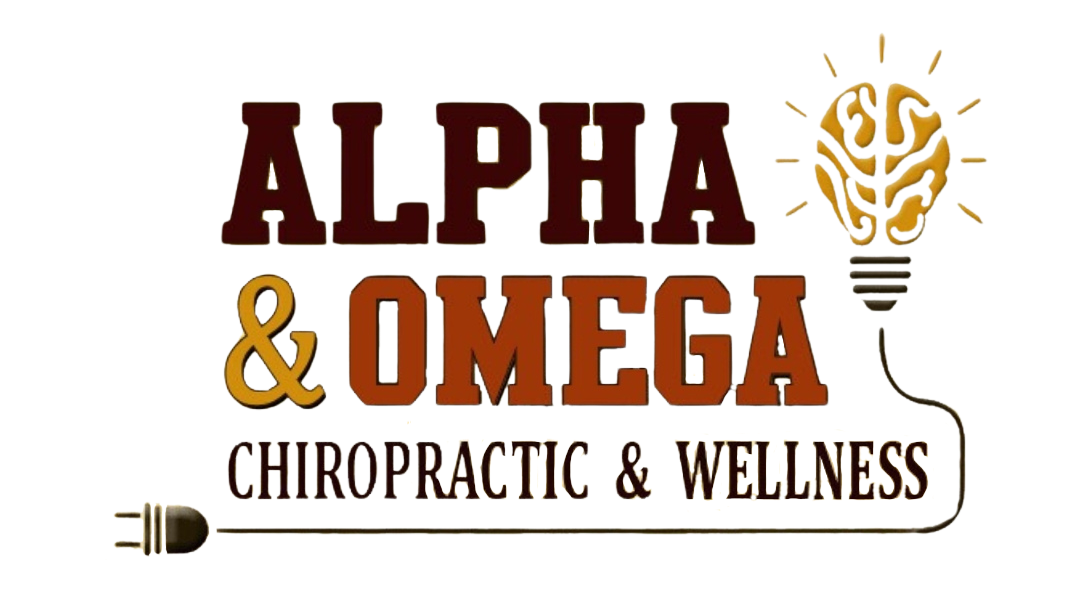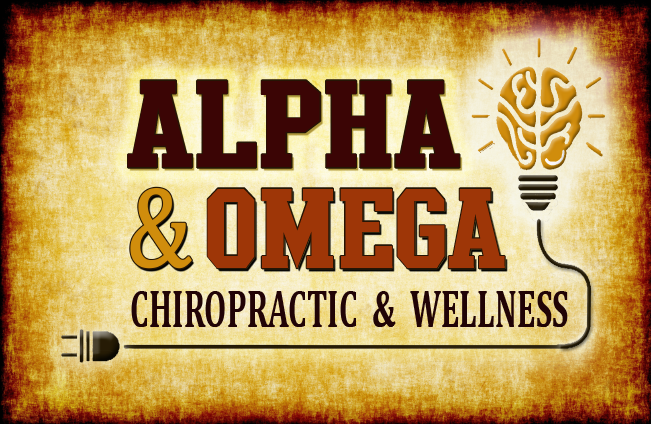Heart
The challenge with blood work is that many nutrients are not tested, and optimal levels are not necessarily the same person to person. So, I want to cover some options on how to asses nutritional status and function. The simplest way is to take a nutritional and/or toxicity questionnaire. These have been used for decades and gave a good overall picture of a person’s issues. That picture can then be used to recommend specific diet modifications or supplements. After a few weeks the assessments can be re-taken, and the effectiveness of your program can be re-assessed. Although this is the simplest type of testing, it is one of the most effective. When we look at how nutrition effects the body; the systems of the body that have the highest metabolism will generally have quickest response to nutrition. The fastest body system to respond to nutritional stimulus is the nervous system. The brain, spinal cord, and all the peripheral nerves are very active and require a lot of nutrition. The problem with using the nervous system is that it is so vast, and performs so many functions, it takes a lot of specialized training to use the nervous system diagnostically. The second most active organ system in the body is the heart. The heart pumps blood and nutrients to the entire body, but it is still a muscle and requires tremendous amounts of nutrients to function. Unlike the nervous system, the functions of the heart are relatively straight forward and can be more easily interpreted. Today, we use a heart sound recorder to listen the heart function, make nutritional recommendations, and then re-asses the heart from a nutritional point of view. Because the heart is so active and requires so much nutrition, nutritional deficiencies are easily seen, and correcting these problems are much more quickly assessed. For example, a research article published in 2005 out of the department of pediatric cardiology Poznan, France states “Magnesium therapy is essential and specific for idiopathic mitral valve prolapse.” In simpler terms, if the heart valves are not working properly, magnesium deficiency can be the cause. This is just one example, but it makes sense. If the heart is the hardest working muscle in the body, it will be more sensitive to lack of nutrients. Although, sooner or later, the lack of nutrients will be felt by the rest of the body. If your interested in your nutritional status, consider getting your heart checked from a nutritional point of view.

